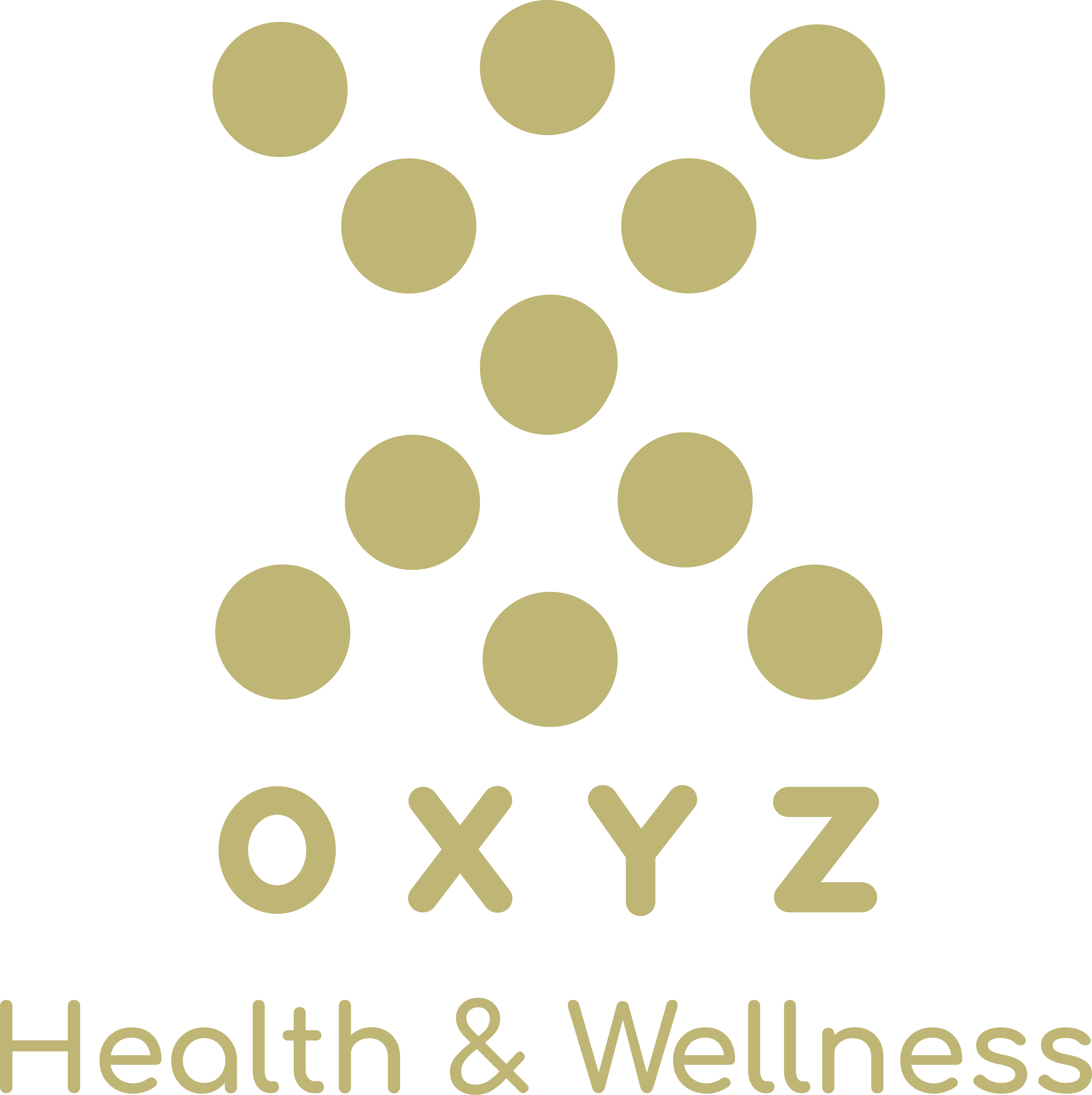
5D Concept

DISCOVERY

DETOX

DEFENCE

DYNAMIC

Chelation therapy, a medical procedure that involves the administration of chelating agents to remove heavy metals from the body, has emerged as a significant health practice in various parts of the world, including Malaysia. This therapy, particularly IV (intravenous) chelation, offers a range of health benefits, especially for individuals exposed to high levels of heavy metals.
The term "chelation" originates from the Greek word "chele," meaning claw. This imagery aptly describes how chelating agents work, as they bind to heavy metals in the body much like a claw, forming a stable complex that can be excreted. Chelating agents are substances that can form multiple bonds with a single metal ion, helping to neutralize and remove the metals from the body.
Intravenous chelation therapy involves the administration of a chelating agent directly into the bloodstream. This method is considered effective as it allows for immediate interaction of the chelating agents with the metals in the body. The most commonly used agent in IV chelation therapy is EDTA (ethylenediaminetetraacetic acid), known for its efficacy in binding lead, cadmium, arsenic, and other heavy metals.
The primary benefit of IV chelation therapy is the removal of harmful heavy metals from the body. In Malaysia, where industrialization and certain agricultural practices may increase exposure to these metals, chelation therapy provides a viable detoxification method.
Studies have shown that chelation therapy can benefit heart health. By removing metal deposits in the arteries, it helps in reducing arterial plaque and improving blood flow.
Heavy metals can adversely affect the kidneys. Chelation therapy aids in alleviating this burden, potentially improving kidney function.
Certain heavy metals are known to have neurotoxic effects. Their removal through chelation can lead to improved neurological function and a decrease in symptoms associated with metal toxicity.
In Malaysia, the growing awareness of the risks associated with heavy metal exposure has led to an increased interest in chelation therapy. The country's rapid industrial growth has raised concerns about environmental pollutants, making chelation therapy relevant for its population. Medical centers in Malaysia offering this therapy are equipped with trained professionals and adhere to safety protocols to ensure effective treatment.
While IV chelation therapy is generally safe, it's crucial to undertake it under medical supervision. Potential side effects, such as mineral imbalances and kidney strain, necessitate professional monitoring. It's also essential for patients to receive a thorough medical evaluation before starting the therapy.
IV chelation therapy represents a significant advancement in medical science, offering a method to combat the health effects of heavy metal exposure. In Malaysia, where environmental and industrial factors contribute to such exposure, this therapy is not just a medical procedure but a tool for enhancing public health and wellness.

Lead

Iron

Arsenic

Copper

Mercury

Nickel

Drinking polluted
water

Cosmetics

Breathing heavily
polluted air

Foods and
medicines

Industrial
exposures

Smoking
cigarette